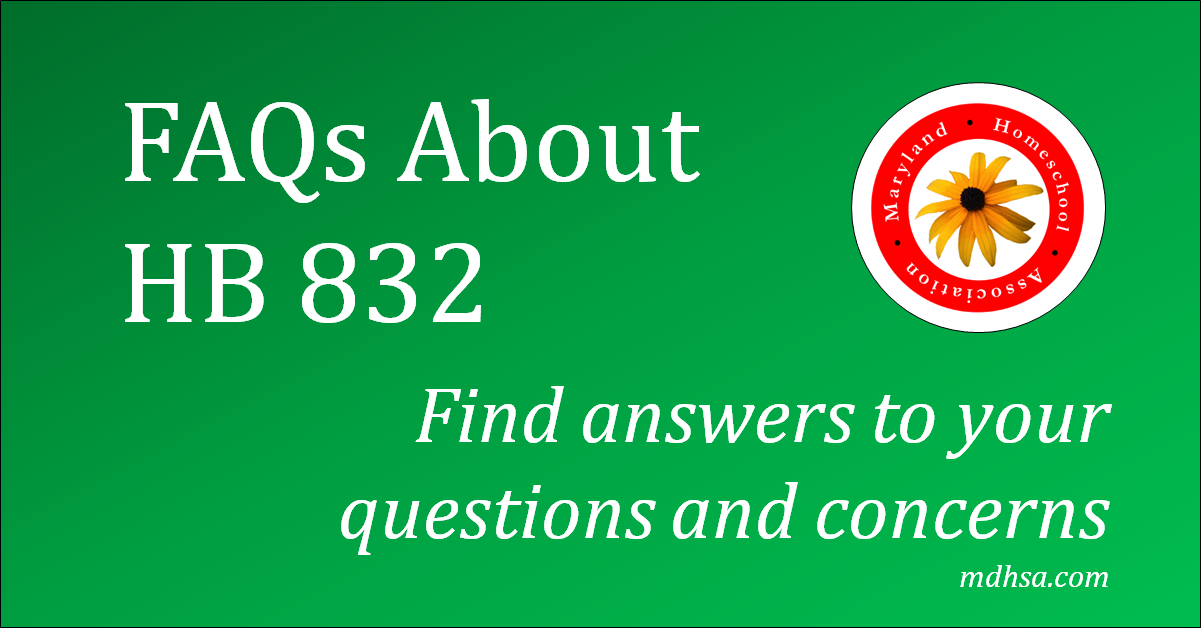In Maryland, the compulsory school age law requires that all children MUST start public school at the age of 5. Students must then continue to attend public school until the age of 18. The law allows parents to opt out of public school, as long as their child is homeschooled OR attends a nonpublic school.
A few basic exceptions to the 5-year old start rule exist.

If a child’s 5th birthday happens after September 1, then the child must wait until the next school year to start Kindergarten
If the child receives “regular and thorough instruction” in another setting, such as homeschool or a non-public school
If the child’s parent files a “Maturity Waiver”
A Maturity Waiver allows parents to legally hold their child back from beginning compulsory education for one year. Reasons for doing so vary. Many parents like the extra year at home because they genuinely believe their child will not yet succeed in the structured setting of a classroom. Some parents, however, find that the maturity waiver gives them a chance to informally try home schooling without the stress of county reviews.
If you’re considering filing a Maturity Waiver, you must do so BEFORE the public school year begins. Contact your local school board to get a copy of the Maturity Waiver form. [Download Baltimore County’s form to see what the form looks like.]
Important Points About Maturity Waivers
Filing a Maturity Waiver for kindergarten means that you get to keep you child home for an extra year while they continue to grow and mature. You can provide your child with any type of enrichment, field trips, or other type learning that you feel is appropriate.
A Maturity Waiver will not allow your child to automatically skip into 1st or 2nd grade when they do enroll in public school at the age of 6.
If you plan to actually homeschool kindergarten *and* your child turns 5 before September 1, you will need to file a Notice of Intent form with your local school board.
If you fail to file a Maturity Waiver or a Notice of Intent before the school year starts, your child may be considered truant.
Last modified on September 13, 2019




